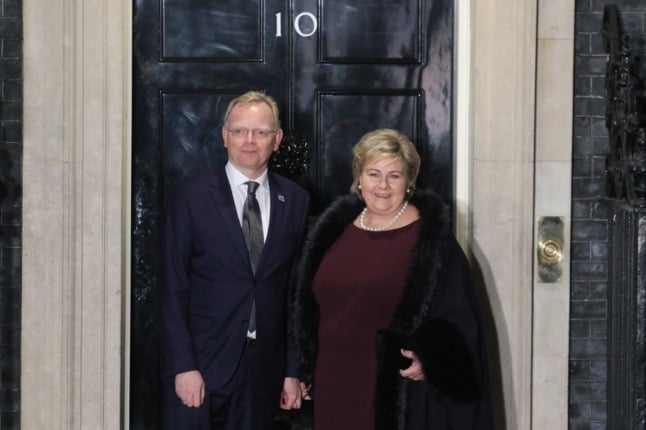“This is the first time since the third quarter of 2008 that foreign trade volumes have increased,” SCB wrote in statement on Wednesday.
Exports rose by 4.8 percent in current prices, with imports up by 8.2 percent during the first quarter. The number of working days was equal to the corresponding period of 2009.
Despite the positive gains trade remained well below pre-finance crunch levels.
“But despite the upturn export volumes during the first quarter of 2010 remained at around 10 and 15 percent under the levels of the first quarters of 2007 and 2008, respectively,” SCB wrote.
Heavier products lay behind the volume increases with wood and paper up 9 percent, mineral products by 29 percent after strong upturns for steel and iron ore, chemicals by 5 percent, and energy by 11 percent on the back of a 14 percent hike for petroleum products.
However downturns were seen in wood and pulp products, in pharmaceuticals which dropped 4 percent, and machinery products which fell 3 percent.
A 6 percent climb was noted within machinery and transport equipment, with road vehicles up 17 percent after upturns for passenger cars and spare parts, while electronics and telecommunication products, including IT products, increased by 11 percent.
Within the other commodities sector, food and textiles, shoes and clothing increased at the same rate as total exports while the sector as a whole increased by 3 percent.
The quarter showed a sharp increase in car imports, following quarterly falls dating back to the fourth quarter 2008. Despite the upturn, import volume remained at approximately 10 percent under the levels for the first quarters of 2007 and 2008.
Machinery and transport equipment was the dominating import sector, up 16 percent with imports of road vehicles 39 percent higher, with passenger cars climbed 64 percent. Electronics and telecommunications products increased by 23 percent, while the import of machinery decreased by 1 percent.


 Please whitelist us to continue reading.
Please whitelist us to continue reading.
Member comments